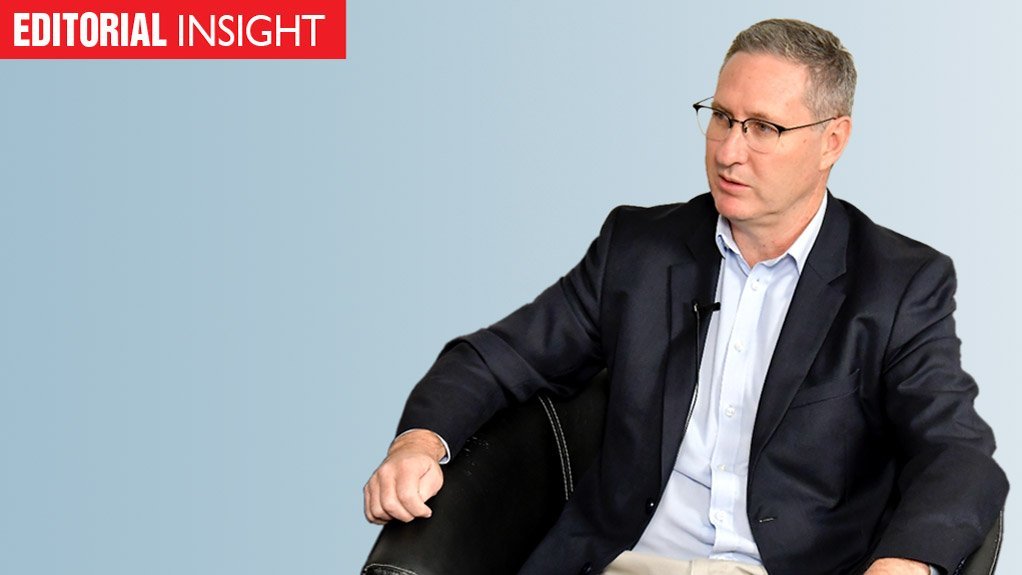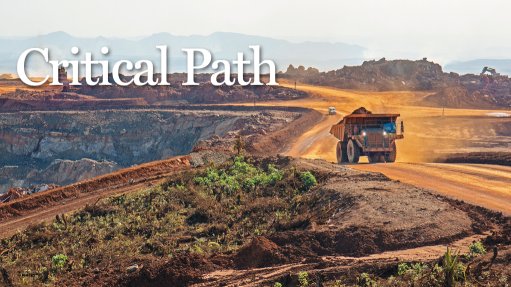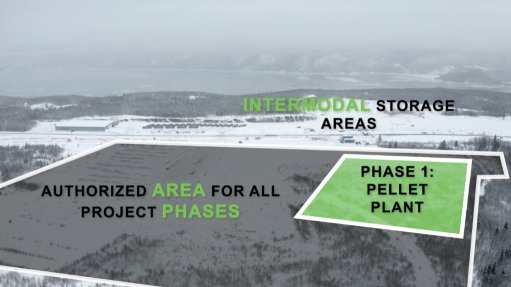Post-truth energy politics
In any healthy democracy, debate is not only vital but should be encouraged. However, a healthy democracy also requires that the contestation of ideas be based on a common set of agreed facts, even where there is disagreement over how those facts should be interpreted.
Healthy democracies are few and far between these days, largely because these rules are being eroded by what some have called the emergence of a ‘post-factual world’ – a context, as renowned social commentator Francis Fukuyama describes it, in which “virtually all authoritative information sources are being called into question and challenged by contrary facts of dubious quality and provenance”.
It is clear that even the world’s oldest and most advanced democracies are struggling to navigate this poisonous development and it is also indisputable that South Africa is far from immune from the venom of lies and half-truths being injected on to social media platforms daily.
Unfortunately, this destabilising post-truth phenomenon is highly evident in policy discussions about our country’s electricity sector. Electricity provision in South Africa has decayed from being a key driver of economic growth and development to being the country’s biggest economic risk, as loadshedding destroys jobs and confidence.
Given its profile in the national psyche, the politics surrounding the electricity crisis is often (thankfully not always) dominated by scapegoating and deflection rather than genuine problem solving.
An increasingly common diversionary tactic is the muddled attempt to blame the country’s energy transition for the shortage of electricity.
Despite all the evidence pointing to the fact that the crisis has its origins in poor policy implementation, mismanagement and corruption at the existing coal fleet, the bungling of the coal build programme, the scandalous disruption of renewables procurement and, more recently, active sabotage, it has become politically popular to scapegoat renewables and the Just Energy Transition Partnership (JETP).
Electricity Minister Dr Kgosientsho Ramokgopa is the latest in a growing list of politicians to inject such fact-free toxins into the electricity debate, with his recent suggestion that Komati could have been generating 1 000 MW had it not been for the JETP.
It’s simply not true that the over 60-year-old power station was one of the best performers when it shut on October 31 last year.
Only one of its nine units was still operating and producing about 121 MW; parts from other units had been cannibalised to assist other limping but younger stations; and its closure had nothing to do with the $8.5-billion JETP and everything to do with the fact that it was no longer safe, legally or environmentally compliant. There was also no thriving economic activity around the station, with the JETP offering something of a lifeline rather than a death knell in this regard.
Yet, none of these facts were acknowledged and instead Ramokgopa is being praised in certain circles for standing up to the so-called green lobby, when in fact his fact-free analysis threatens to delay the very actions that are required to end loadshedding.
Article Enquiry
Email Article
Save Article
Feedback
To advertise email advertising@creamermedia.co.za or click here
Announcements
What's On
Subscribe to improve your user experience...
Option 1 (equivalent of R125 a month):
Receive a weekly copy of Creamer Media's Engineering News & Mining Weekly magazine
(print copy for those in South Africa and e-magazine for those outside of South Africa)
Receive daily email newsletters
Access to full search results
Access archive of magazine back copies
Access to Projects in Progress
Access to ONE Research Report of your choice in PDF format
Option 2 (equivalent of R375 a month):
All benefits from Option 1
PLUS
Access to Creamer Media's Research Channel Africa for ALL Research Reports, in PDF format, on various industrial and mining sectors
including Electricity; Water; Energy Transition; Hydrogen; Roads, Rail and Ports; Coal; Gold; Platinum; Battery Metals; etc.
Already a subscriber?
Forgotten your password?
Receive weekly copy of Creamer Media's Engineering News & Mining Weekly magazine (print copy for those in South Africa and e-magazine for those outside of South Africa)
➕
Recieve daily email newsletters
➕
Access to full search results
➕
Access archive of magazine back copies
➕
Access to Projects in Progress
➕
Access to ONE Research Report of your choice in PDF format
RESEARCH CHANNEL AFRICA
R4500 (equivalent of R375 a month)
SUBSCRIBEAll benefits from Option 1
➕
Access to Creamer Media's Research Channel Africa for ALL Research Reports on various industrial and mining sectors, in PDF format, including on:
Electricity
➕
Water
➕
Energy Transition
➕
Hydrogen
➕
Roads, Rail and Ports
➕
Coal
➕
Gold
➕
Platinum
➕
Battery Metals
➕
etc.
Receive all benefits from Option 1 or Option 2 delivered to numerous people at your company
➕
Multiple User names and Passwords for simultaneous log-ins
➕
Intranet integration access to all in your organisation





















